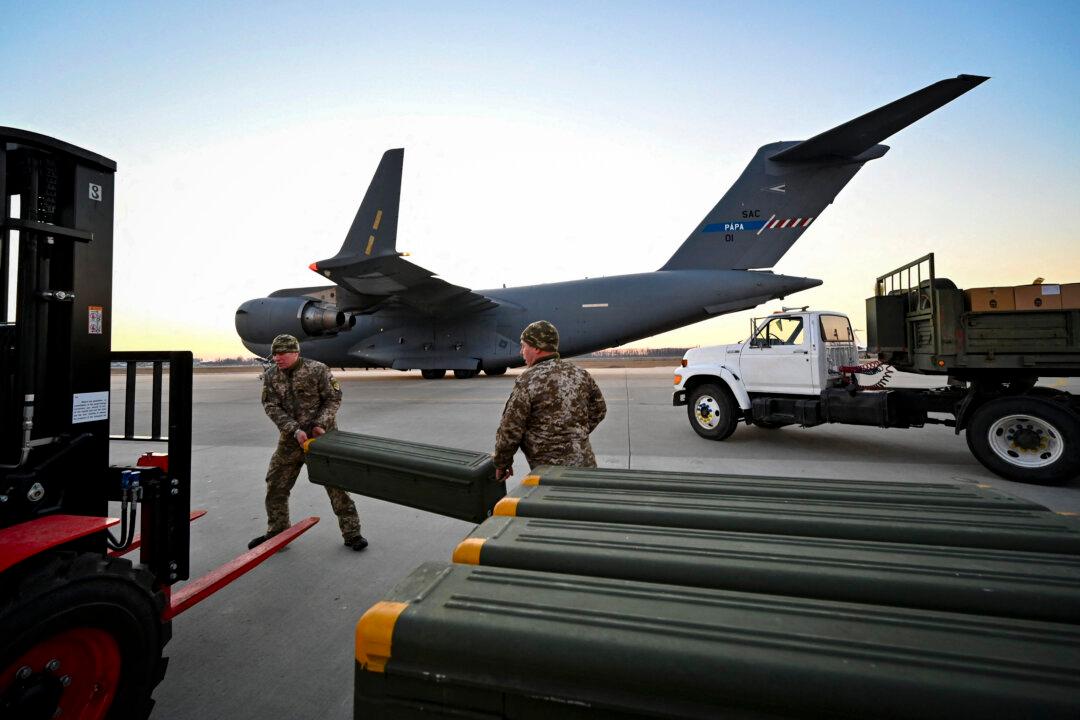The Biden administration on Dec. 27 announced a new $250 million weapons package for Ukraine that might be the last tranche of military aid to the embattled country unless Congress approves supplemental funding legislation that remains stalled in Washington.
“Our assistance has been critical to supporting our Ukrainian partners as they defend their country and their freedom against Russia’s aggression,” Secretary of State Antony Blinken said in a statement, as Ukraine battles Russia in a war that will soon hit the two-year mark.





